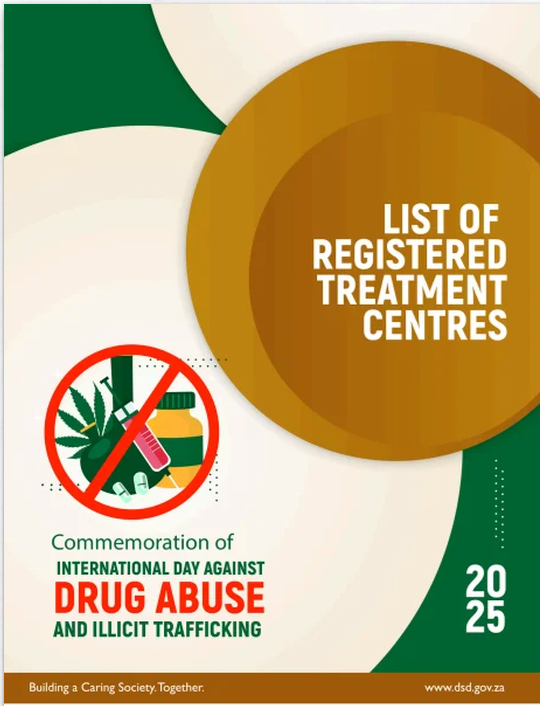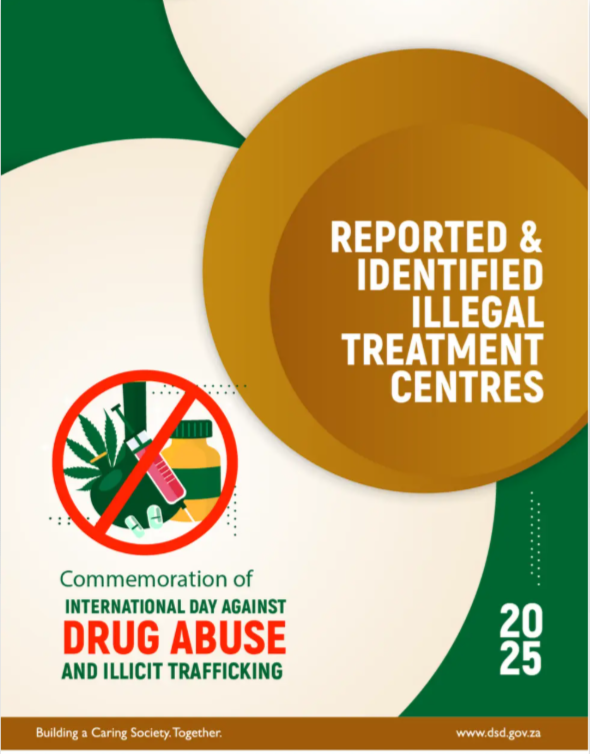By Nonhlakanipho Masola.
- The Mother and Daughter/Father and Son programme in Upington, Northern Cape, created the space for parents and children to speak openly about issues they face daily, from sexual and reproductive health to positive parenting, from mental health to gender-based violence.
- The three-day programme, facilitated by the Department of Social Development, tackles the theme “Creating connections and initiating intergenerational dialogue”.
- Launched under the umbrella of the SheDecides global movement, the initiative supports the empowerment of young people, especially girls, to make informed decisions about their lives.
The Department of Social Development (DSD) hosted the Mother and Daughter/Father and Son programme in Upington, Northern Cape, under the theme: “Creating connections and initiating intergenerational dialogue”.
The three-day residential programme, from 8 – 10 October 2025, is designed to strengthen family bonds by creating safe spaces for parents and their teenage children to engage in open and honest conversations on sensitive but vital issues.
Topics include sexual and reproductive health, mental health, intergenerational trauma, substance abuse, gender-based violence, and positive parenting.
Facilitated by experts from the DSD and provincial partners, the sessions encouraged truth-telling, mutual understanding, and stronger parent-child relationships.
The programme combined workshops with bonding and wellness activities, ensuring participants left with both practical skills and strengthened family ties.
Launched under the umbrella of the SheDecides global movement, the initiative supports the empowerment of young people, especially girls, to make informed decisions about their lives.
By addressing cultural silences and taboos that often prevent families from discussing important issues, the programme aims to reduce teenage pregnancy, risky behaviours, and cycles of trauma.
On the first day, facilitators emphasised that the programme was not only about improving communication but also about strengthening connections that families could take back into their communities to change the narrative around social ills.
Parents and children were encouraged to use the platform to share openly what they often struggled to express at home, and to take every opportunity presented to them during the sessions.
One of the participants, Eunice Tema, a mother of four, spoke about the challenges of raising children during adolescence. She said it was not easy when children brought home negative behaviours they picked up from outside influences.
She also explained that it was particularly difficult because she is unemployed and relies solely on South African Social Security Agency (SASSA) grants to provide for her children.
She appealed to other parents to use social grants responsibly, saying that they should not use the money for themselves or spend it on alcohol.
She added that parents should not rely only on SASSA but also look for opportunities to work to provide better for their families.
Tema also shared an emotional story close to her heart.
She spoke of her cousin who once left an infant alone in the house at night while she went to a tavern. A candle was left burning, and the house caught fire, resulting in the tragic death of the child.
Tema said the incident broke her heart, adding that she wished parents would love their children more and always put them first.
Adding a professional voice, Dr Dineo Lukuugi from the Northern Cape DSD, encouraged parents to approach parenting with empathy and self-awareness.
She said parents should apologise to their children when they are wrong, noting that the best apology is shown through change.
She added that parents should avoid parenting from a place of fear, as this could prevent children from reaching their dreams.
Dr Lukuugi stressed that children have emotions too and urged parents to create homes where young people feel safe to speak openly, which would help reduce childhood trauma and build trust within families.
Her message, alongside Tema’s testimony, highlighted the urgent need for parenting support and empowerment, which is at the core of this DSD programme.
Through initiatives like these, the department continues to encourage families to build resilience, deepen trust, and nurture emotionally intelligent future generations.





